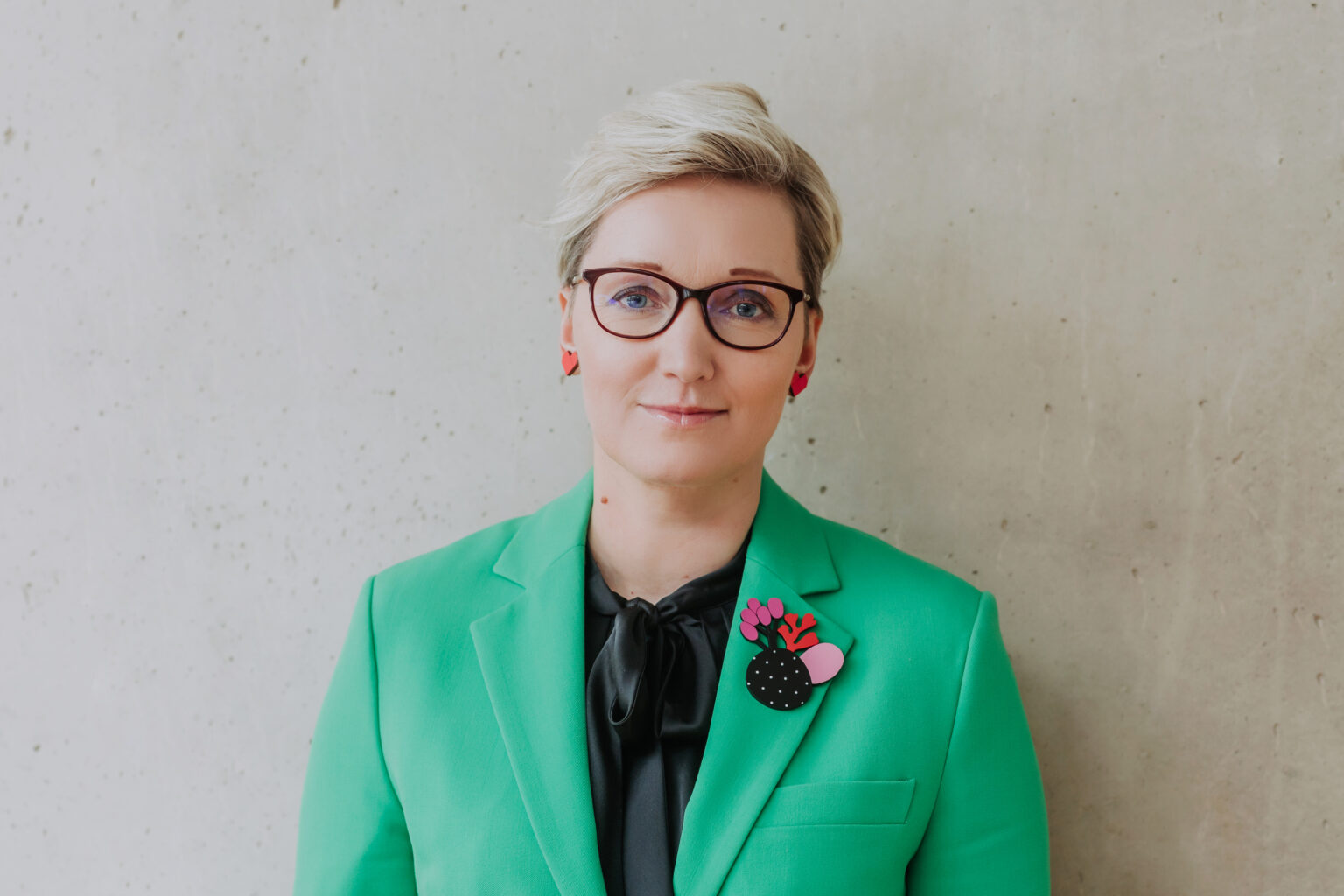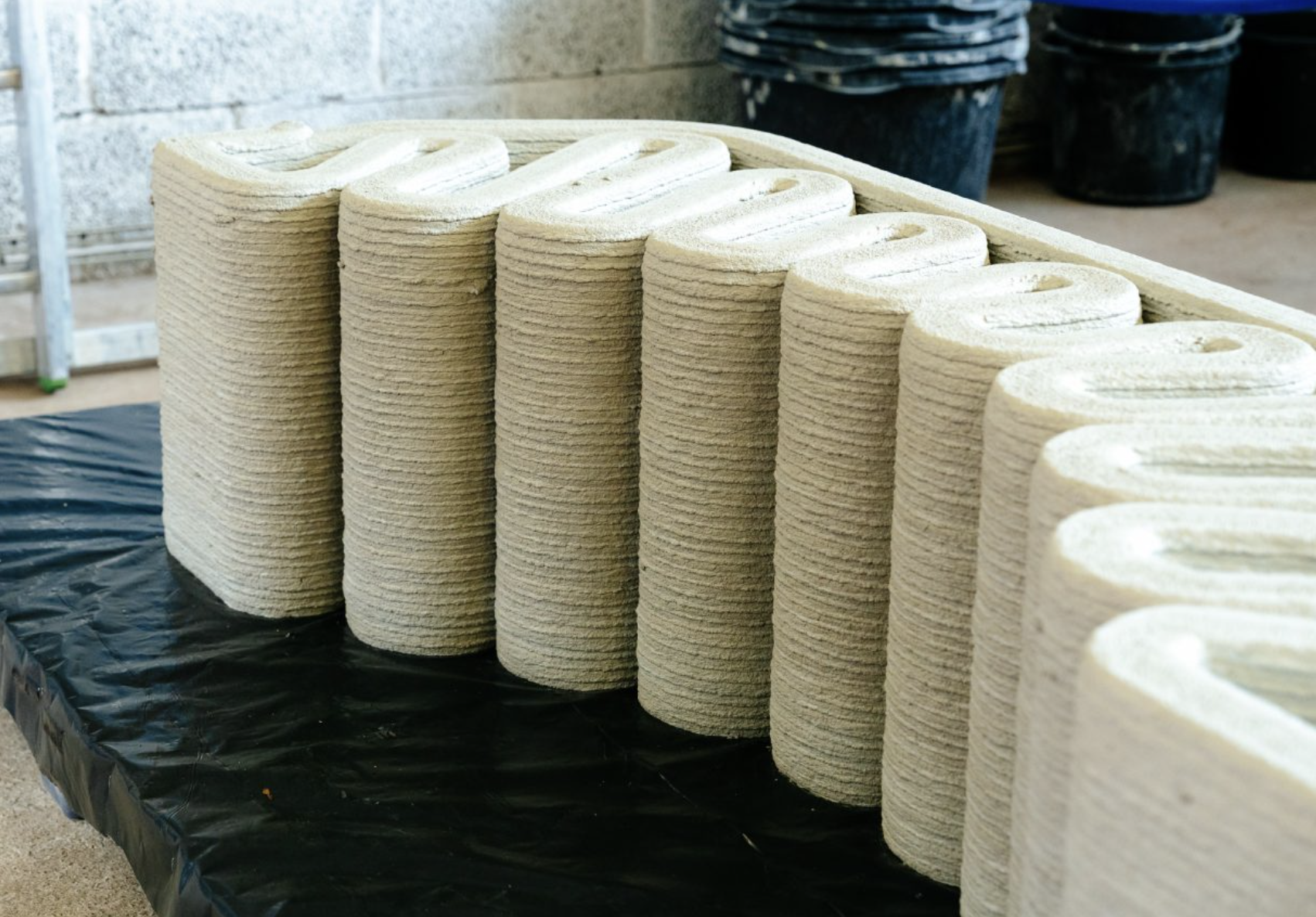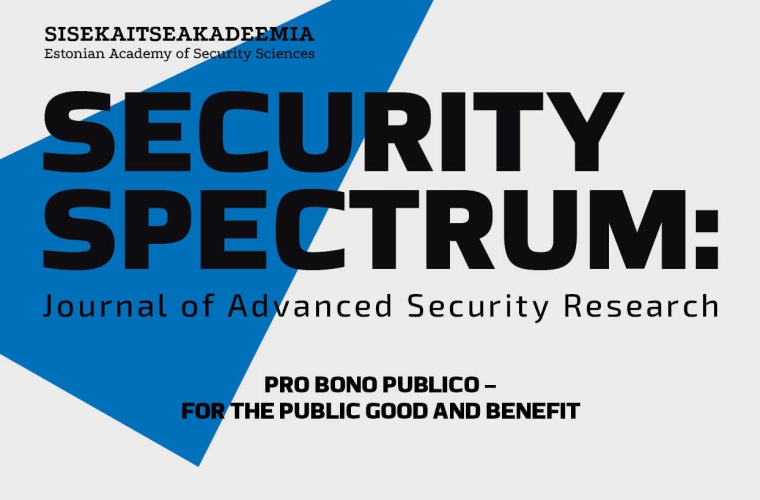For the first time, a representative of Estonian universities of applied sciences has been elected as Vice President of EURASHE – the European Association for Applied Sciences in Higher Education.
At the EURASHE General Assembly held on 13 May in Portalegre, Portugal, Rector of Tartu Applied Health Sciences University, Ulla Preeden, was elected Vice President of EURASHE. She was also re-elected to the EURASHE Board for a new two-year term.
As Vice President and representative of Estonian universities of applied sciences, Ulla Preeden will continue to play a key role in shaping European higher education policy and in voicing the priorities of Estonia’s applied higher education sector at the international level.
“I am sincerely grateful for the opportunity to contribute, as a EURASHE board member, to a field that is close to my heart – the development of European applied higher education and its integration with the world of work,” said Ulla Preeden.
“EURASHE is a highly valuable knowledge and cooperation platform, creating meaningful connections between higher education institutions, employers, and different levels of education – even beyond Europe. This kind of international collaboration is essential to highlighting the role of applied higher education in addressing today’s societal and economic challenges. I am delighted to continue contributing to this strong and diverse network,” she added.
EURASHE was founded in Patras (Greece) in 1990 as an international association promoting and emphasising Applied Higher Education.
While EURASHE initially admitted only national organisations (such as councils of directors) as members, it later opened membership to individual institutions. Nowadays, the members of EURASHE are colleges, polytechnics, university colleges, and universities with professional training.




